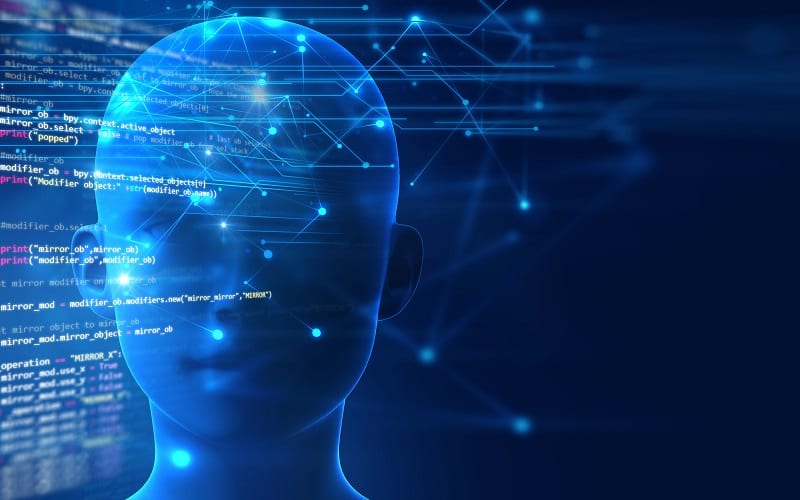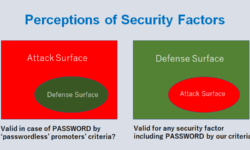Pierre Lévy, a Fellow of the Royal Society of Canada, Professor at the University of Ottawa, and Inventor of Information Economy Meta Language (IEML) participates in Risk Roundup to discuss – Powering Collective Human Intelligence.
Powering Collective Human Intelligence
While the very nature of the human mind and the science of individual human intelligence is difficult to understand, there is an intense effort going on to build collective human intelligence powered by connected computers and machine intelligence. Since the efforts are towards creating collective human intelligence on the back of collective machine intelligence, the collective human brain that is forming will likely have an unmatched ability to design, modify and build even better forms of intelligence in the coming years.
Since there will likely be no limits to collective machine intelligence, there is a great hope that there will likely be no limits to intelligence and innovation, progress and advancement for humans.
It is the collective human intelligence powered by collective machine intelligence that will help us create the worlds, that never were, in cyberspace, geospace, and space (CGS).
So, in the coming years, as we integrate human intelligence with massive machine intelligence, then our relationship with everything on earth and beyond, in cyberspace, geospace, and space (CGS) enhances, amplifies, and fundamentally changes. The coming revolution and evolution of intelligence raise profound implications for the future of the collective human experience and endeavors in cyberspace, geospace, and space.
Let us evaluate this further-
- Technology Powered Evolutionary Journey Towards Mutualistic NGIOA Symbiosis
- Technology Transformation and Potential for Collective Systems
- Collective Intelligence and Democratization of Information
- Knowledge Sharing and Connected Computers
- Semantic Web
- Information Economy Meta Language (IEML)
- Shared Organizations
Powering Collective Human Intelligence
As humanity’s relationship to knowledge and information changes, it is important that we evaluate strategic security risks emerging because of the profound implications to the future of the collective human experience and endeavors in cyberspace, geospace, and space.
For more please watch the Risk Roundup Webcast or hear the Risk Roundup Podcast
About the Guest
Prof. Pierre Lévy is a French philosopher, cultural theorist, and media scholar who specializes in understanding the cultural and cognitive implications of digital technologies and the phenomenon of human collective intelligence. Prof. Lévy introduced the collective intelligence concept in his 1994 book L’intelligence collective: Pour une anthropologie du cyberspace (Collective Intelligence: Mankind’s Emerging World in Cyberspace).
Prof. Lévy’s 1995 book, Qu’est-ce que le virtuel (translated as Becoming Virtual: Reality in the Digital Age) develops philosopher Gilles Deleuze’s conception of “the virtual” as a dimension of reality that subsists with the actual but is irreducible to it. In 2001, Prof. Lévy wrote the book Cyberculture.
Prof. Pierre Lévy currently teaches at the communication department of the University of Ottawa (Canada), where he holds a Canada Research Chair in Collective Intelligence. Prof. Lévy is also a fellow of the Royal Society of Canada and has received several awards and academic distinctions.
In addition, Prof. Lévy is also a Researcher at CREA – Ecole Polytechnique, Prof. UQAM, Maître de conf Paris-X Nanterre Scientific counsellor and founder Trivium SA (1992-1997), Inventor: Arbres de connaissances, Prof. Paris-8 St Denis, Prof UQTR, Canada Research Chair in Collective Intelligence (2002-2016), Prof. University of Ottawa, Inventor: IEML
About Risk Group
Risk Group is a leading strategic security risk research and reporting organization.
Copyright Risk Group LLC. All Rights Reserved
Reference Episodes
Machine Learning Based Market Forecasting
Machine Learning on Insurance Data to Predict Hospitalization
Future of Work – Battle between Human Work Force and Machine Work Force
Machine Learning Bias – An Existential Risk
Understanding Cognitive Computing
Cloud Powered Artificial Intelligence Platform
Blockchain & Machine Learning Based Content Platform
Collective Intelligence
Collective Machine Intelligence
Artificial Intelligence based Healthcare System
Machine Learning for Medical Diagnosis
Science of Intelligence – Human Intelligence to Computational Intelligence
How will Deep Learning Disrupt Financial Sector?
Social Media Based Predictive Analytics
Credit Scoring using Machine Learning
Cancer Detection to Credit Lending – Intelligent Machine Applications of Artificial Intelligence
Advances in Artificial Intelligence – Human and Non-Human Gesture and Action Recognition
Financial Industry Moves Towards Artificial Intelligence Based Machines
Man-Machine Interaction – Communicating with Computers
Machine Intelligence Impact on Human Society
The Rise of Artificial Intelligence
Artificial Intelligence driven Cyber-Security
Advances in Artificial Intelligence – Human and Non-Human Gesture and Action Recognition
Agricultural Robots
Computational Intelligence & Security Risks
Business Logic Monitoring and Automation
Societal Impact of Robotics
Enterprise Digital Intelligence Risks – Need for Smarter Search Tools





 Blockchain & Machine Learning Based Content Platform
Blockchain & Machine Learning Based Content Platform